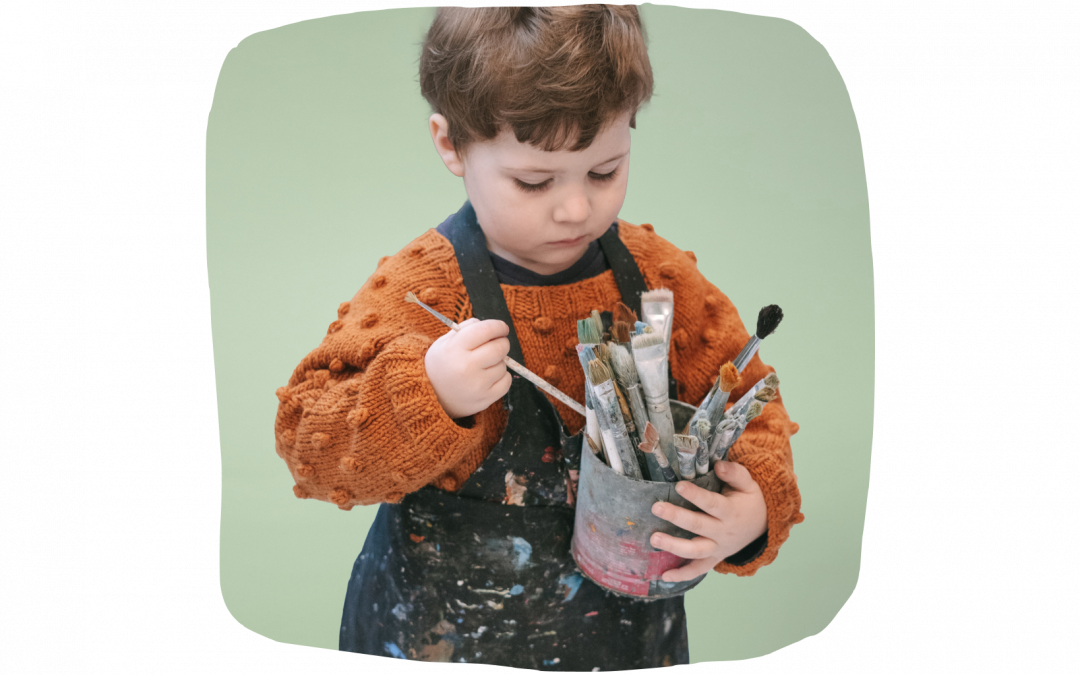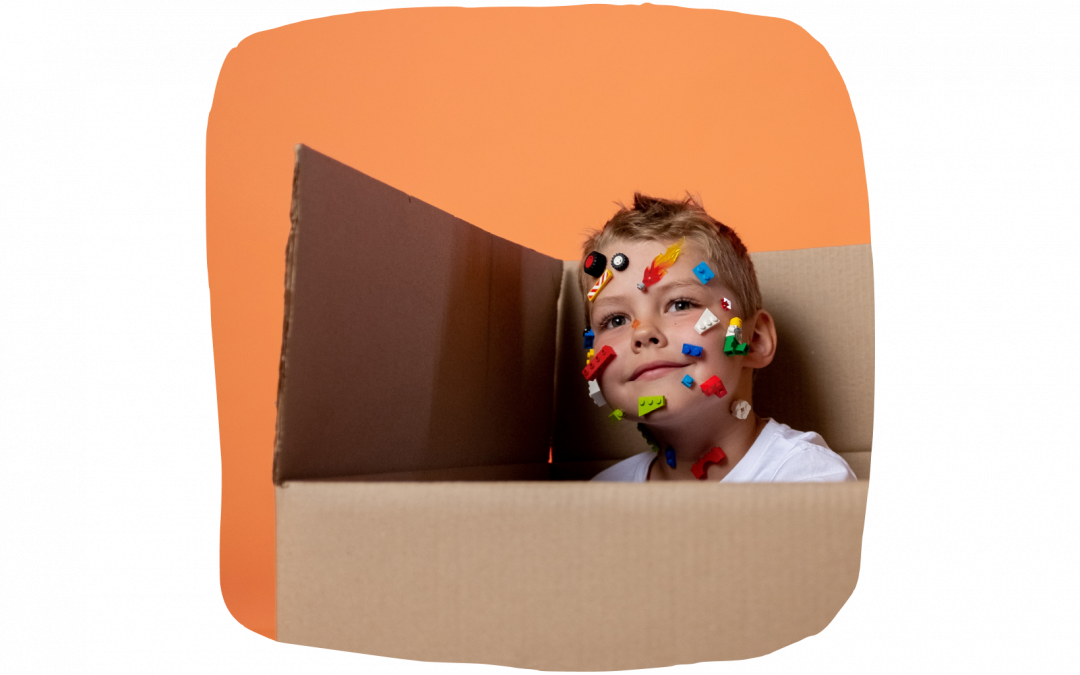In the early years of childhood, babies’ brains are constantly developing. At this time, they’re like sponges that absorb everything around them—but without access to much knowledge about the world beyond themselves and their immediate surroundings. Stories help fill in these gaps. They introduce children to new people (real or imagined) and new places (whether real or not). They allow kids to imagine life outside their own home and neighbourhood by discovering other cultures and ways of life—and sometimes even other planets!
Stories are important for children’s growth. As they listen to stories, they begin to understand the world around them. They get a sense of what it means to be human, how people feel and react, how families work together, what other cultures are like. Stories help children develop empathy and compassion as well as critical thinking skills that will serve them in their future careers.
Develops language and emotions
Stories are a great way for children to learn about new words and expand their vocabulary. They help children develop language skills and emotions, which helps them communicate better with others later on in life. By reading stories to your child, you’re helping them develop empathy by demonstrating how characters react emotionally towards situations.
Strengthens relationships
One of the best things about storytelling is that it’s a great way to bond with your child. Telling stories together is a great way for you and your child to enjoy time together, and it can also help them feel more secure and confident.
Children love to hear stories from other people’s experiences, which makes them feel like they’re not alone in their feelings or thoughts. As such, spending time telling each other stories is an excellent way for kids to get closer with their parents and caregivers!
Promotes brain development and imagination
Storytelling is a powerful tool for developing children’s brains and imagination. Reading stories to children promotes their language, emotions and relationships. In addition to all of this, stories also strengthen cultural understanding and identity.
If you’re a parent, it may seem like an obvious thing to do—reading books with your child every day. But if you’re not sure how storytelling can benefit your family or don’t have time for it right now, consider this: reading books together encourages both parent and child to connect emotionally as they experience new ideas together through the written word or illustrations on paper or screen! You might even make up some silly voices when you read aloud so that your kids will get excited about hearing characters’ dialogue in different tones.
Stories can show them extraordinary people and eye-opening situations
Stories can expand and enrich their world. Stories are another way for children to explore ideas and topics that they might not have experienced in their everyday lives, such as different cultures or time periods. Children are often curious about what it’s like to be someone else, whether that person be famous or not. When they hear stories of people who have lived exciting lives, they’re inspired to try new things themselves. Stories can help them understand the world better especially during formative years when children are learning how to interact with other people effectively in their social circles. Reading stories shows kids that others have unique experiences just like them—and that these differences are nothing to be ashamed of!
As we’ve discussed, storytelling can bring so many benefits to your children. But there are a few things to keep in mind as you begin this journey with your kids.
- First, remember that the way you tell stories is a model for how they will tell their own stories later on.
- Second, if possible, try to find stories from other cultures and introduce them to your child—this will help them develop empathy for others and grow into more tolerant adults.
- Lastly, don’t forget about yourself and your culture! Take the opportunity to share something you love with them and make some new memories together. Maybe, start with songs you know from your childhood. Tell stories about things that happened when you were young. For example, tell a story about something funny that happened with one of your siblings or cousins in the car when you were on a family trip. Or tell a story about what it was like for all of your friends to go to sleepaway camp together for the first time and how scary it was for them but fun at the same time! Try telling stories from relatives’ lives. These can include anyone in the family who has lived long enough to have interesting tales worth retelling: grandparents, parents or even siblings!







0 Comments